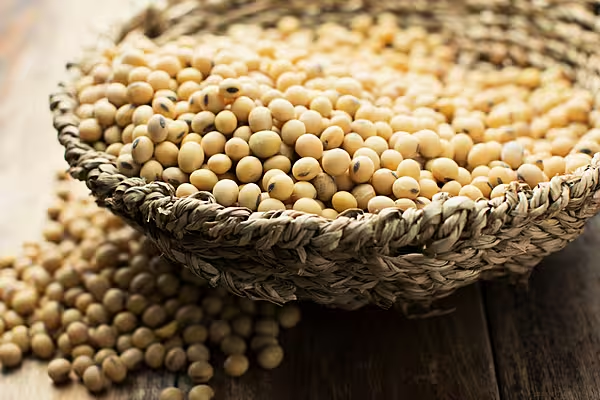Britain has signed a key global coffee sector agreement aimed at tackling some of the industry's most pressing issues, including making coffee growing and coffee consumption more sustainable.
Food and farming minister Mark Spencer signed the 'International Coffee Agreement (ICA) 2022', the Environment, Food and Rural Affairs Department said in a joint statement with the International Coffee Organisation (ICO) and the British Coffee Association (BCA).
The agreement for the first time gives private sector players like roasters and farmers a more prominent role, alongside national governments, in driving the global coffee sector's sustainability initiatives.
New Standards Of Sustainability
"This international treaty champions the industry globally, and I hope the UK can help continue its drive for new standards of sustainability for our coffee," said Spencer.
The first ICA was signed between producing and consuming countries in 1962, with the aim of regulating global coffee prices via the use of production quotas.
It later collapsed, prompting a move to freely traded markets that have kept prices mostly low, farmers facing poverty and sustainability efforts impaired.
According to a report by consultancy HedgePoint, the global coffee supply balance will shift from a deficit of 2.17 million bags in 2022/23 (Oct-Sept) to a surplus of 3.74 million bags in 2023/24 as Brazil's output partly recovers.
Arabica coffee prices are forecast to post an annual drop of 12% in 2023, with a large crop in top producer Brazil expected to lead to a global coffee surplus.
News by Reuters, edited by ESM – your source for the latest supply chain news. Click subscribe to sign up to ESM: European Supermarket Magazine.











